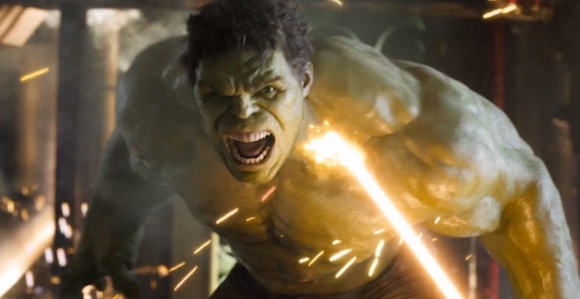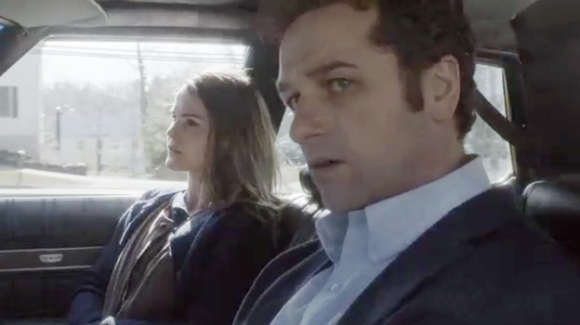I’ve been a pretty big fan of the recent Marvel-verse run. Sure, it’s had its duds – the second and third Iron Man films, Thor: The Dark World, etc. – but some quality films have come from it, such as both Captain America flicks, the Avengers movies, as well as some pleasant surprises in the form of Guardians of the Galaxy and Ant-Man.
Recently, though, I’ve started to lose that loving feeling. My big gripe over the course of these super hero flicks has been that, with the exceptions of Ant-Man, most of the movies end up with some big, repetitive, city-destroying scene. On occasion, the films have been so focused on the big climax or that particular film’s place in the Marvel-verse that the rest of the film suffers for it, such as Avengers: Age of Ultron. It’s not been enough to turn me off of the Marvel film franchise, but my fandom has definitely decreased.
Then I watched Daredevil and Jessica Jones. And now I’m wondering if I’ll bother with any of the rest of the Marvel films.
In the theatrical releases, Marvel has to play it broad. These are big, expensive films that play to a huge global audience. The violence and language reflect that Marvel isn’t only trying to get the hard-core comic fans, but also the average six-year-old and his grandma out for an afternoon. I don’t begrudge Marvel this. It’s the Hollywood way, and they’ve done pretty well within those limitations.
But on Netflix, Marvel can get down and dirty. Daredevil was the only comic I ever really collected as a kid, so you can imagine what my reaction to Ben Affleck’s atrocity was back in 2003. I was interested when I heard about the Netflix version, but I didn’t have high hopes.
Boy, was I off on that one. Netflix’s Daredevil is everything I could want. Charlie Cox is terrific as the titular hero, weary, resigned to his role as the lone defender of Hell’s Kitchen, not afraid to chuckle at the dark humor of his situation. Elden Hensen as Foggy and Rosario Dawson’s Claire are strong and capable in supporting roles. Vincent D’Onofrio makes the Kingpin come alive in surprising ways, playing the incredibly violent crime boss as vulnerable, a wounded, love-struck man of vision whose goal for a better Hell’s Kitchen is shared by Matt Murdock, though the two differ significantly on how to make that happen. While The Avengers battle in the skies and tear down cities in a fight to save the universe, Daredevil is in the back alleys and basements of rundown buildings, brawling and bleeding to help his neighbors.
I had no idea what to expect from Jessica Jones, and again I was blown away. I hadn’t been a fan of Kristen Ritter prior to JJ, but she really captures the alienation and fear of someone who has been abused and raped, forced to behave in ways she never would on her own, living with a shadow over her that just won’t go away. That abuse theme runs through the show and gives it an edge and purpose that all of the Marvel movies lack. Jess has had a hard knock life, and no matter what power she has, you’ll never see her in a cape, because she can’t even conceive a world where she’s a hero. Jessica is the damaged goods, not the savior, even when she is just that. In a Marvel-verse where the Avengers mostly strut around, preening, flexing and arguing about who is the biggest hero, Jess is a refreshing change.
The beauty is that Marvel realizes how they’re getting it right. Check out the Daredevil season two trailer above. Dolph Lundgren, Thomas Jane and Ray Stevenson combined don’t give me the thrill that I get when I see Jon “Shane” Bernthal in his role as the Punisher. As dark as season one was, Daredevil season two seems like it’s going to get even darker.
I can’t wait. Bring the pain, Marvel. But I may be leaving the movies for the kiddies and grandmas from now on. You’ve shown me a better way, and I’m not sure I’m interested in turning back.






